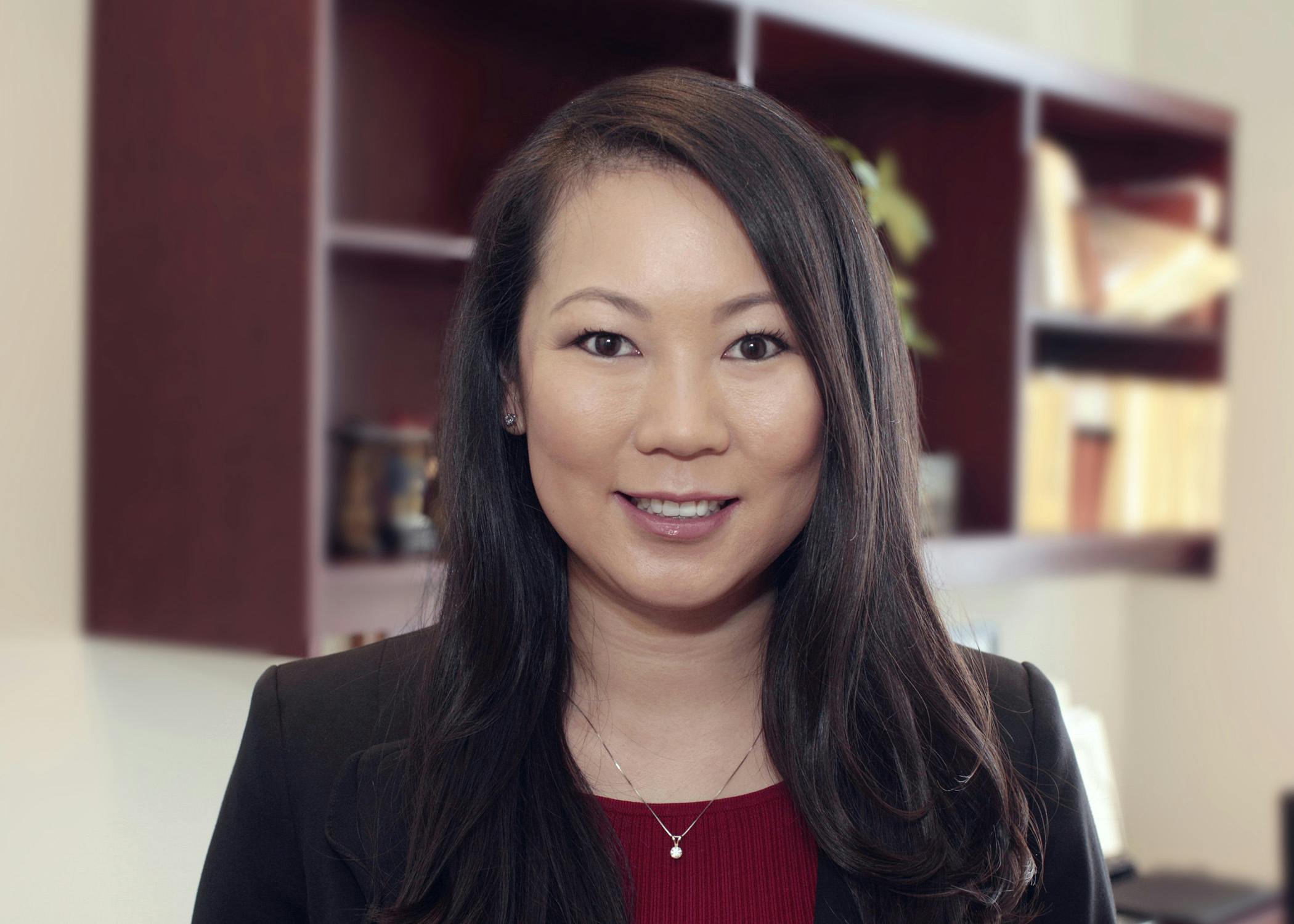On May 18, 2023, in a unanimous decision delivered by Justice Gorsuch, the U.S. Supreme Court, in Amgen Inc. et al. v. Sanofi et al., affirmed district court and the Federal Circuit decisions and held that Amgen’s functionally defined patent claims were invalid under the enablement requirement, 35 U.S.C. § 112(a), as the specification failed to provide adequate guidance to enable a person skilled in the art to make and use the invention.
The Amgen patent was directed at a broad class of cholesterol-lowering monoclonal antibodies that bind to and inhibit the action of PCSK9, a protein associated with high cholesterol levels. The Amgen patent used functional language to assist in describing the class of antibodies. Both Amgen and Sanofi market anti-PCSK9 antibodies. Amgen sued Sanofi for patent infringement, prompting Sanofi to countersue for invalidity for failure to meet the enablement requirement.
In its decision, the Supreme Court referenced some classic patent law decisions: Morse, Incandescent Lamp, and Holland Furniture, stating:
“If a patent claims an entire class of processes, machines, manufactures, or compositions of matter, the patent’s specification must enable a person skilled in the art to make and use the entire class. In other words, the specification must enable the full scope of the invention as defined by its claims. The more one claims, the more one must enable.”
This might appear to be an increased burden to satisfy the enablement standard. Fear not, the Supreme Court reiterated Incandescent Lamp’s recognition that not “every single embodiment within a claimed class” needs to be described with particularity; “it may suffice to give an example (or a few examples) if the specification also discloses “some general quality…running through” the class that gives it “a peculiar fitness for the particular purpose.” (Internal citations omitted.) Further, “a specification [is not] necessarily inadequate just because it leaves the skilled artist to engage in some measure of adaptation or testing.” The Supreme Court summed up that “[w]hat is reasonable [experimentation] in any case will depend on the nature of the invention and the underlying art.”
The antibody field was viewed by the Supreme Court as having a very high level of unpredictability. Thus, the corollary need is to include extensive and detailed teachings to show that only a reasonable amount of experimentation (i.e., no undue experimentation) is needed to make and use the full scope of the claimed invention.
Takeaways for patent seekers and patentees
Where does this decision leave patent seekers and patentees? The following are considerations to keep in mind:
Application drafting
Work with your patent attorney to ensure that the invention, to the extent it is possible, is claimed only by its structural features. If functional features need to be used, ensure that the claim does not preempt the field and consider whether there is “some general quality . . . running through” the class that gives it “a peculiar fitness for the particular purpose.” That is, seek to determine if there are any structure-function relationships that can be described.
Existing applications
Review the claims to determine whether functional limitations are needed to claim the invention. If the antibodies (or similar compositions) can be sufficiently claimed by their structure, consider removing those functional limitations, as they require yet another layer of experimentation to test for the presence of those functions. Also, consider whether structure-function relationships are supported by the existing specification and add those into the claims if structure alone is not sufficient.
Allowed patent claims
Consider filing continuing applications to pursue claims without functional limitations, pursue claims using structure-function relationships if functional language is needed, or pursue claims that are intermediate in scope that may better withstand enablement challenges.
Issued patents without a pending continuing application
Carefully consider filing a reissue application to obtain reissue claims better situated to withstand invalidity challenges and reopen prosecution for further narrower continuing applications to shore up patent protection.
Offensive
Review and monitor competitors’ patents for potential weaknesses and consider initiating invalidly challenges.


